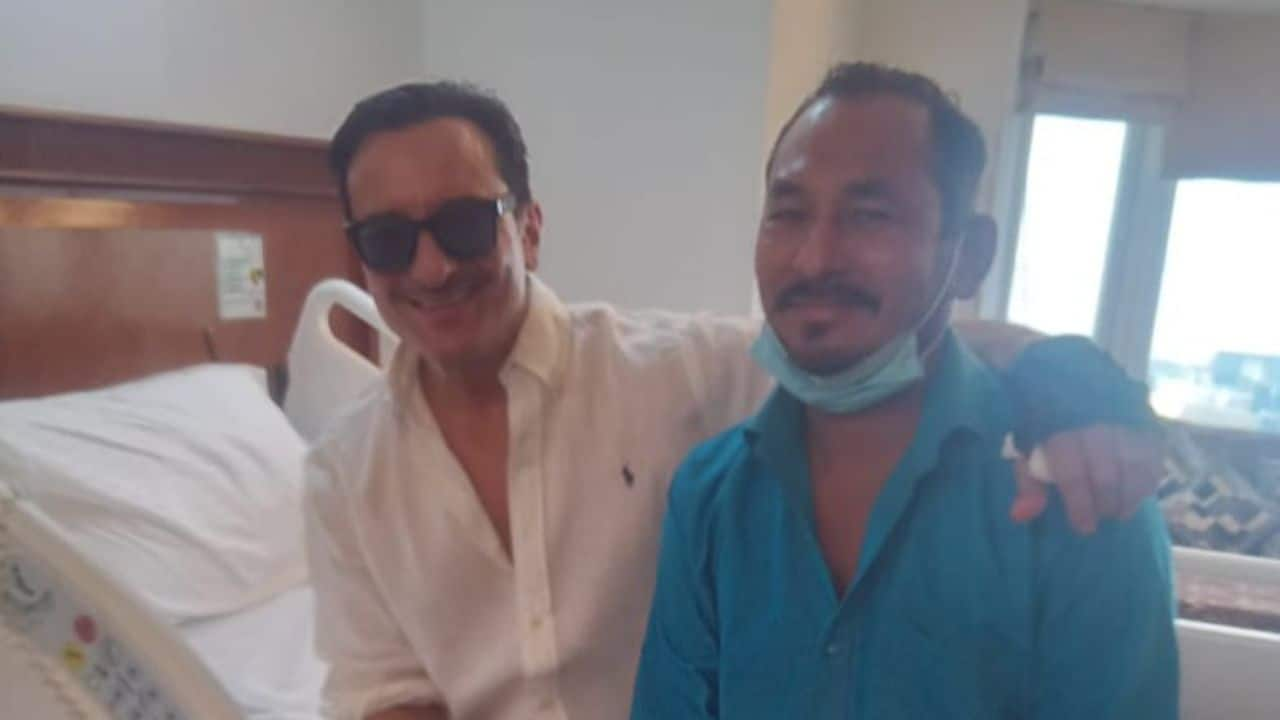 |
|
The recent hospitalization of Bollywood actor Saif Ali Khan following a violent attack at his home has ignited a heated debate surrounding healthcare insurance practices in India. The swift approval of his ₹25 lakh cashless treatment claim, processed within hours of submission, has raised serious questions about potential preferential treatment for celebrities within the healthcare system. This incident highlights a broader issue of inequality in access to healthcare and the disparities in insurance claim processing for ordinary citizens compared to high-profile individuals.
The Association of Medical Consultants (AMC), representing over 14,000 medical professionals, has formally expressed its concerns to the Insurance Regulatory and Development Authority of India (IRDAI). In a strongly worded letter, the AMC criticized the unusually rapid processing of Khan's claim, contrasting it with the significantly longer processing times and stricter documentation requirements typically faced by regular policyholders. The AMC argues that this discrepancy underscores a troubling trend where celebrities and those with corporate policies receive favorable treatment and higher cashless limits, while ordinary citizens struggle with inadequate coverage and lower reimbursement rates. This perceived preferential treatment undermines the principles of fairness and equity within the healthcare insurance system, creating a two-tiered system where access to quality healthcare is disproportionately determined by social standing and influence.
Health insurance expert Nikhil Jha echoed the AMC's concerns on social media platform X, highlighting the stark difference in claim processing procedures. He noted that in typical medicolegal cases, insurers usually demand additional documentation, such as a copy of the First Information Report (FIR), before approving claims. However, in Khan's case, this requirement was waived, further fueling accusations of preferential treatment. This raises concerns about the potential for abuse and the lack of transparency in the insurance claim approval process. The fact that the initial claim for ₹35.95 lakh was reduced to ₹25 lakh before approval also adds another layer of complexity to the situation, raising questions about the justification for the reduction and the processes involved in determining claim amounts.
The leak of details concerning Khan's insurance claim on social media amplified the controversy, further intensifying public scrutiny of the matter. The rapid dissemination of information highlighted the potential for breaches of confidentiality and privacy within the healthcare system. It also sparked a wider discussion about the need for greater transparency and accountability in the insurance industry. The public outcry forced a response from Niva Bupa, the insurance provider, which confirmed the approval of ₹25 lakh while indicating that the remaining portion of the claim was still under review. This response, while acknowledging the approved amount, failed to adequately address the concerns regarding the speed and the preferential treatment alleged by the AMC and other commentators.
Dr. Sudhir Naik, head of AMC's medico-legal cell, clarified that the association’s concerns are not directed against corporate hospitals or celebrities themselves, but rather against the systemic inequality inherent in the insurance claim processing. The AMC's aim is to ensure equal treatment for all patients, irrespective of their social status or financial standing. They advocate for a system where access to healthcare is based on medical need and policy terms, not on celebrity status or influence. This reflects a wider concern about equitable access to healthcare services in India, where significant disparities exist between the healthcare experiences of the wealthy elite and the ordinary population.
A spokesperson from Niva Bupa attempted to justify the variation in treatment costs by citing factors like the severity of the condition, the type of procedure, the city, and the hospital. They also mentioned that even within the same hospital, room type influences the overall cost. While these factors are undoubtedly relevant in determining costs, they do not fully address the core concern: the strikingly fast approval of Khan's claim compared to the experiences of ordinary citizens. This explanation falls short of addressing the broader issue of potential preferential treatment based on celebrity status, failing to quell public skepticism and the ongoing calls for a thorough investigation by the IRDAI.
The Saif Ali Khan case serves as a stark reminder of the existing inequalities within the Indian healthcare system. It highlights the urgent need for increased transparency, stricter regulations, and a more equitable approach to healthcare insurance claim processing. The IRDAI's response to the AMC's letter and the outcome of any subsequent investigation will be crucial in determining whether meaningful reforms will be implemented to ensure fair and equal access to healthcare for all citizens, regardless of their social standing. The case also underscores the importance of protecting patient confidentiality and preventing the unauthorized release of sensitive medical information.
